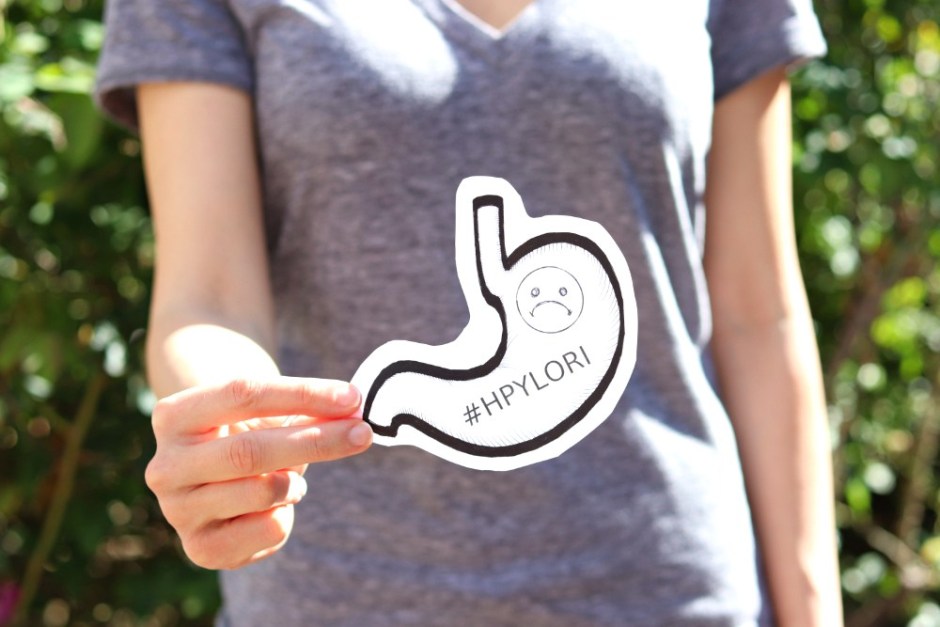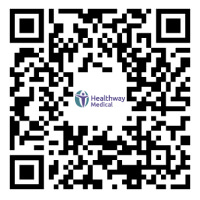
Helicobacter Pylori (H.pylori) Infection
Helicobacter pylori is a bacteria which infects the stomach and causes gastric problems. This infection is often acquired during childhood. Individuals may be unaware that they carry the bacteria in their stomach, because they do not have any symptoms. This infection spreads from one person to another and is often clustered in families.
What are the symptoms of Helicobacter pylori infection?
Individuals may experience bloating, indigestion and gastric pain. Gastric pain is described as a burning or hot sensation in the abdomen. It is experienced either in the upper middle or upper left area of the abdomen. This sensation is worse when spicy food or chilli is consumed. Drinking coffee and tea can also aggravate the symptoms.
Common symptoms are:
- Abdominal pain
- Bloating
- Vomiting and nausea
- Burping and belching
- Weight loss and a loss of appetite
If these symptoms are present, one should consult a Gastroenterologist for further evaluation.
Diagnosis of Helicobacter pylori infection
H.pylori infection can be diagnosed in a variety of ways:
- Carbon-13 urea breath test (UBT)
- Gastroscopy (endoscopy of the stomach)
- Blood test (H.pylori serology)
- Stool test ( H.pylori stool antigen)
The H.pylori serology test can be found in health screening packages. While a negative result indicates that the infection is absent, a positive result does not necessarily mean that the infection is present. Individuals who have been infected in the past and are now cured, will have a positive result. Hence, a positive H.pylori serology test may require further tests for confirmation.
The Carbon-13 Urea Breath Test (UBT) can be used to screen for H.pylori. It is simple to administer, non-invasive and free of pain. To perform this test, one needs to swallow a tablet and blow into two special breath bags. This test takes 20 minutes to perform and the result is available almost immediately. A positive result confirms the presence of an infection.
An endoscopy of the stomach (gastroscopy) can be used to screen for H.pylori. This procedure is offered to individuals who have gastric pain, indigestion and bloating. A major advantage of this procedure is that it will examine the stomach for ulcers, gastritis and cancer as well. During a gastroscopy, a tiny biopsy is taken from the lining of the stomach to check for the infection.
Treatment of Helicobacter pylori infection
This infection can be cured with antibiotics. After the bacteria is successfully eradicated, patients frequently describe a remarkable improvement in their symptoms. If there is a stomach ulcer, it will heal once the infection is eradicated.
The treatment of H.pylori comprises of a gastric medicine and two antibiotics. This therapy is taken twice a day for one to two weeks and is commonly known as a ‘Triple Therapy’.
There is a small chance that the antibiotics will not cure the infection. Hence, a urea breath test is always performed about one month after triple therapy is completed. This is to confirm that the eradication is successful. If H.pylori is still present, then a second course of antibiotics is prescribed and the urea breath test is repeated again.

Consultant Gastroenterologist and Hepatologist,









